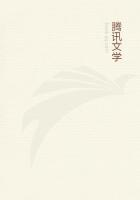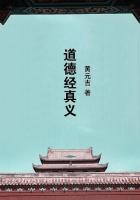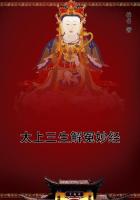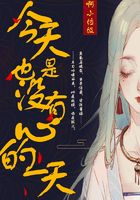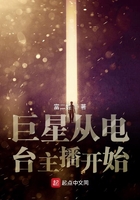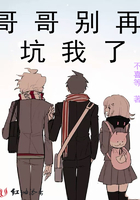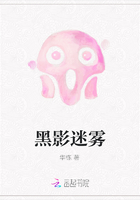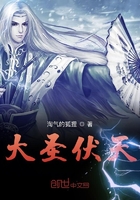Appreciations of Sun Tzu Sun Tzu has exercised a potent fascination over the minds of some of China's greatest men. Among the famous generals who are known to have studied his pages with enthusiasm may be mentioned Han Hsin (d. 196 B.C.), [49] Feng I (d. 34 A.D.), [50] Lu Meng (d. 219), [51] and Yo Fei (1103-1141). [52] The opinion of Ts`ao Kung, who disputes with Han Hsin the highest place in Chinese military annals, has already been recorded. [53] Still more remarkable, in one way, is the testimony of purely literary men, such as Su Hsun (the father of Su Tung-p`o), who wrote several essays on military topics, all of which owe their chief inspiration to Sun Tzu. The following short passage by him is preserved in the YU HAI: [54] --Sun Wu's saying, that in war one cannot make certain of conquering, [55] is very different indeed from what other books tell us. [56] Wu Ch`i was a man of the same stamp as Sun Wu: they both wrote books on war, and they are linked together in popular speech as "Sun and Wu." But Wu Ch`i's remarks on war are less weighty, his rules are rougher and more crudely stated, and there is not the same unity of plan as in Sun Tzu's work, where the style is terse, but the meaning fully brought out.
The following is an extract from the "Impartial Judgments in the Garden of Literature" by Cheng Hou: --Sun Tzu's 13 chapters are not only the staple and base of all military men's training, but also compel the most careful attention of scholars and men of letters. His sayings are terse yet elegant, ****** yet profound, perspicuous and eminently practical. Such works as the LUNYU, the I CHING and the great Commentary, [57] as well as the writings of Mencius, Hsun K`uang and Yang Chu, all fall below the level of Sun Tzu.
Chu Hsi, commenting on this, fully admits the first part of the criticism, although he dislikes the audacious comparison with the venerated classical works. Language of this sort, he says, "encourages a ruler's bent towards unrelenting warfare and reckless militari**."Apologies for War
Accustomed as we are to think of China as the greatest peace-loving nation on earth, we are in some danger of forgetting that her experience of war in all its phases has also been such as no modern State can parallel. Her long military annals stretch back to a point at which they are lost in the mists of time. She had built the Great Wall and was maintaining a huge standing army along her frontier centuries before the first Roman legionary was seen on the Danube. What with the perpetual collisions of the ancient feudal States, the grim conflicts with Huns, Turks and other invaders after the centralization of government, the terrific upheavals which accompanied the overthrow of so many dynasties, besides the countless rebellions and minor disturbances that have flamed up and flickered out again one by one, it is hardly too much to say that the clash of arms has never ceased to resound in one portion or another of the Empire.
No less remarkable is the succession of illustrious captains to whom China can point with pride. As in all countries, the greatest are fond of emerging at the most fateful crises of her history. Thus, Po Ch`i stands out conspicuous in the period when Ch`in was entering upon her final struggle with the remaining independent states. The stormy years which followed the break-up of the Ch`in dynasty are illuminated by the transcendent genius of Han Hsin. When the House of Han in turn is tottering to its fall, the great and baleful figure of Ts`ao Ts`ao dominates the scene. And in the establishment of the T`ang dynasty,one of the mightiest tasks achieved by man, the superhuman energy of Li Shih-min (afterwards the Emperor T`ai Tsung) was seconded by the brilliant strategy of Li Ching. None of these generals need fear comparison with the greatest names in the military history of Europe.
In spite of all this, the great body of Chinese sentiment, from Lao Tzu downwards, and especially as reflected in the standard literature of Confuciani**, has been consistently pacific and intensely opposed to militari** in any form. It is such an uncommon thing to find any of the literati defending warfare on principle, that I have thought it worth while to collect and translate a few passages in which the unorthodox view is upheld. The following, by Ssu-ma Ch`ien, shows that for all his ardent admiration of Confucius, he was yet no advocate of peace at any price: --Military weapons are the means used by the Sage to punish violence and cruelty, to give peace to troublous times, to remove difficulties and dangers, and to succor those who are in peril. Every animal with blood in its veins and horns on its head will fight when it is attacked. How much more so will man, who carries in his breast the faculties of love and hatred, joy and anger! When he is pleased, a feeling of affection springs up within him; when angry, his poisoned sting is brought into play. That is the natural law which governs his being.... What then shall be said of those scholars of our time, blind to all great issues, and without any appreciation of relative values, who can only bark out their stale formulas about "virtue" and "civilization," condemning the use of military weapons? They will surely bring our country to impotence and dishonor and the loss of her rightful heritage; or, at the very least, they will bring about invasion and rebellion, sacrifice of territory and general enfeeblement. Yet they obstinately refuse to modify the position they have taken up. The truth is that, just as in the family the teacher must not spare the rod, and punishments cannot be dispensed with in the State, so military chastisement can never be allowed to fall into abeyance in the Empire. All one can say is that this power will be exercised wisely by some, foolishly by others, and that among those who bear arms some will be loyal and others rebellious. [58]

